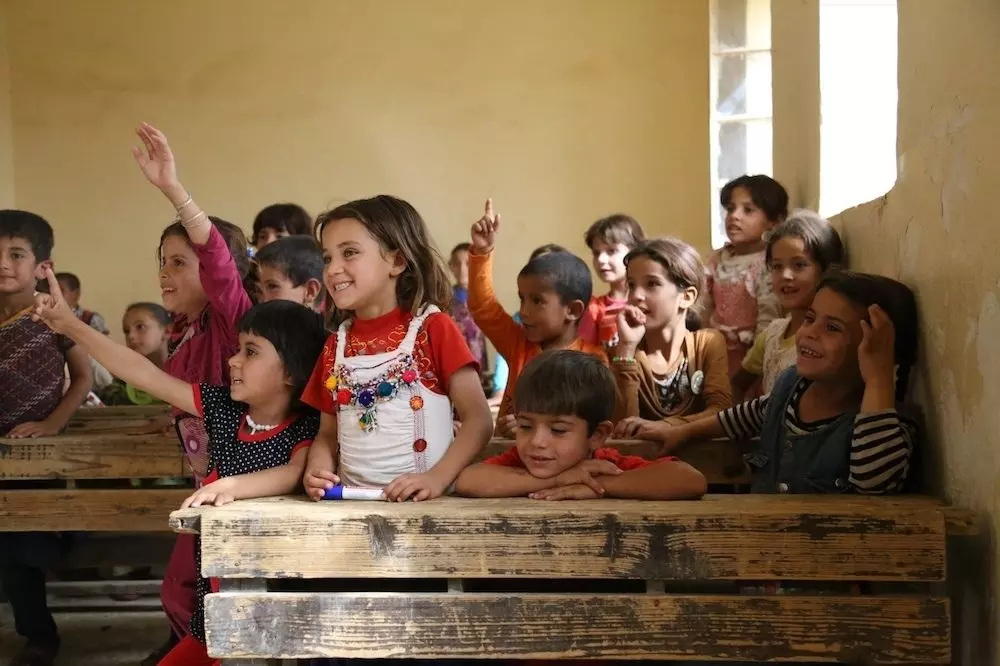
Two thirds of poorer countries slash education budget: WB-Unesco Report
text_fieldsRepresentational image only
Washington: The onset of Covid-19 pandemic has had a crippling effect on, among other sectors, spending on education by low and low and lower-middle income countries.
According to a new report, The Education Finance Watch 2021, jointly done by the World Bank and Unesco, although additional funding was needed, two thirds of such countries have curtailed their budgets for education. More than the mere cut in the spending, the phenomenon is that the said reduction happens when the requirement has been rising, Xinhua news agency reported.
However, only a third of upper-middle and high-income countries have made similar reduction, and the same has generally been seen as relatively small. But there is the risk that with the pandemic continuing to take an economic toll, and fiscal pressures increase, the cuts in future may be larger.
As a corollary, the annual report notes, the trend of widening gap between low and high-income countries' spend will add to disparities.
"The learning poverty crisis that existed before Covid-19 is becoming even more severe, and we are also concerned about how unequal the impact is," Mamta Murthi, World Bank vice president for human development, said in a statement.
"External financing is key to support the education opportunities of the world's poorest," said Stefania Giannini, assistant director-general for education at Unesco.
"Yet donor countries are likely -- and some have already begun -- to shift their budget away from aid to domestic priorities. Health and other emergencies are also competing for funds," Giannini said. "We foresee a challenging environment for countries reliant on education aid."
As per Unesco's estimates, education aid may fall by $2 billion from its peak in 2020 and not return to 2018 levels for another six years.























